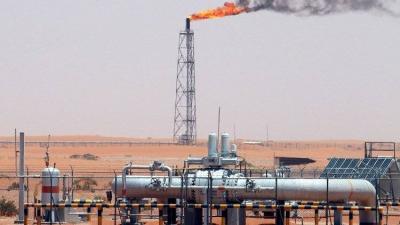A monthly survey revealed that non-oil business activity in Saudi Arabia continued to grow at a strong rate in March, supported by an increase in new orders, but the pace of growth slowed compared to the previous month. The seasonally adjusted Purchasing Managers' Index (PMI) from Riyad Bank recorded a reading of 58.7 in March, surpassing the 50 level that separates growth from contraction, but it declined from 59.8 in February, which was the highest reading in nearly eight years.
The sub-index for new orders fell to 66.4 in March, after rising to 68.7 the month before, but it still indicates sustained strong demand, particularly from foreign companies. Naif Al-Ghaith, Chief Economist at Riyad Bank, stated, "Business activity conditions remain very positive at the end of the first quarter of 2023, as improved market conditions and increased development spending have bolstered demand in the non-oil private sector."
As a result, the sub-index for production also recorded strong growth, although it decreased to 64.2 in March from 65.6 in February. Employment continued to see robust growth in March as companies increased their hiring levels. Recent data indicated a decrease in the unemployment rate among Saudi citizens to eight percent in the fourth quarter of 2022, down from 9.9 percent in the previous quarter.
The latest survey showed that companies continued to express confidence in the growth of business activity over the next year. Job creation is a key part of the Vision 2030 economic plan to reduce reliance on oil. Additionally, the expansion of the non-oil private sector is a fundamental goal of the transformation strategy led by Crown Prince Mohammed bin Salman.




